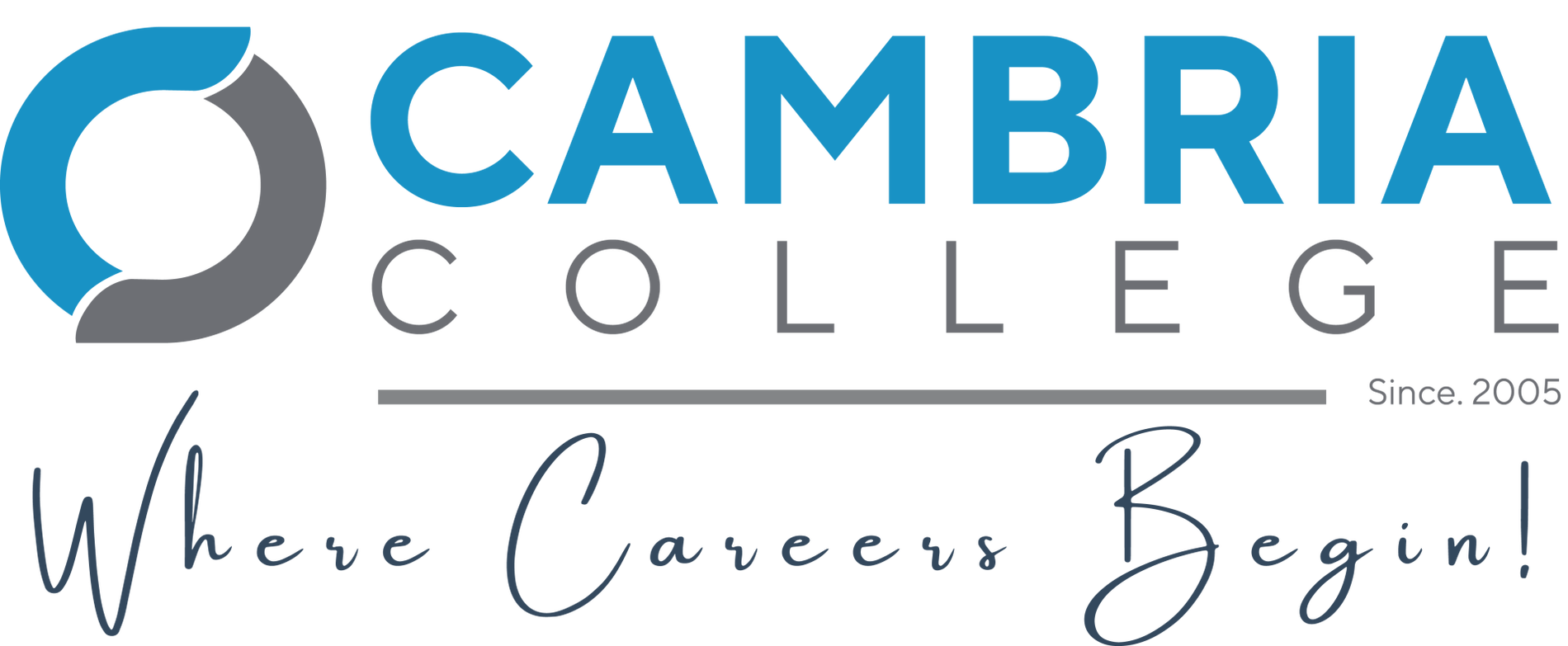Introduction to the IT Support Career Path
The IT support industry is a dynamic and ever-evolving field that plays a crucial role in the smooth operation of businesses and organizations across various sectors. As technology continues to advance, the demand for skilled IT support professionals has grown exponentially, making it an attractive and rewarding career path for those interested in the tech industry. In this comprehensive guide, we will detail the IT support career path, exploring the skills, qualifications, job prospects, and steps to success in this thriving industry.
What is IT Support and What Do IT Support Professionals Do?
IT support professionals are the backbone of the technology ecosystem, responsible for ensuring the seamless functioning of computer systems, networks, and software applications. Their primary duties may include troubleshooting hardware and software issues, providing technical assistance to end-users, implementing and maintaining IT infrastructure, and ensuring the security and integrity of digital assets. IT support professionals work across a wide range of industries, from small startups to large enterprises, and their roles can vary from entry-level help desk positions to specialized technical roles.
Why Choose a Career in IT Support?
A career in IT support offers numerous advantages, making it an appealing choice for those seeking a fulfilling and dynamic profession in the tech industry. Some of the key benefits of pursuing an IT support career include:
- Job Stability and Growth: The IT industry is experiencing rapid growth, with a projected increase in job opportunities for IT support professionals in the coming years*. As technology continues to evolve, the demand for skilled IT support personnel will only continue to rise.
- Diverse Career Paths: The IT support field encompasses a wide range of specializations, from network administration to cybersecurity, allowing professionals to tailor their career paths to their interests and expertise.
- Continuous Learning: The IT support industry is constantly changing, requiring professionals to stay up-to-date with the latest technologies, software, and industry best practices. This continuous learning opportunity keeps the work engaging and challenging.
- Competitive Salaries: IT support professionals often enjoy competitive salaries and benefits, with the potential for career advancement and higher earning potential as they gain experience and acquire specialized skills*.
- Flexibility and Work-Life Balance: Many IT support roles offer flexible work arrangements, such as remote work or flexible schedules, allowing professionals to maintain a healthy work-life balance.
Skills and Qualifications Required for a Successful IT Support Career
Becoming a successful IT support professional requires a unique set of skills and qualifications. Some of the key competencies and educational requirements include:
Technical Skills
- Proficiency in computer hardware, software, and operating systems
- Knowledge of networking concepts and protocols
- Familiarity with troubleshooting and problem-solving techniques
- Understanding of security best practices and data management
Soft Skills
- Excellent communication and customer service skills
- Ability to work collaboratively in a team environment
- Critical thinking and analytical skills
- Patience and the ability to handle high-stress situations
Educational and Certification Requirements
- High school diploma or equivalent
- Undergraduate degree in computer science, information technology, or a related field
- Industry-recognized certifications, such as CompTIA A+, CompTIA Network+, or Microsoft Certified Solutions Associate (MCSA)
- Continuous professional development through ongoing training and certifications
Different Paths within the IT Support Industry
The IT support industry offers a diverse range of career paths, each with its own unique responsibilities and specializations. Some of the common job roles within the IT support field include:
- Help Desk Technician: Responsible for providing first-line technical support to end-users, troubleshooting issues, and escalating complex problems to higher-level support teams.
- Desktop Support Specialist: Focuses on the installation, configuration, and maintenance of desktop computers, laptops, and related peripherals.
- Network Administrator: Responsible for the design, implementation, and management of computer networks, ensuring their security and optimal performance.
- Systems Administrator: Manages and maintains the organization’s computer systems, including servers, databases, and enterprise applications.
- IT Support Analyst: Provides advanced technical support, analyzes complex issues, and implements solutions to improve the overall efficiency of the IT infrastructure.
- Cybersecurity Specialist: Focuses on the protection of an organization’s digital assets, including the implementation of security measures and the detection and response to cyber threats.
Education and Certifications for IT Support Professionals
To succeed in the IT support industry, professionals must possess a combination of formal education and industry-recognized certifications. While a bachelor’s degree in computer science, information technology, or a related field is often preferred, some entry-level IT support roles may only require a high school diploma or an associate’s degree.
In addition to formal education, IT support professionals can enhance their skills and career prospects by obtaining industry-specific certifications. Some of the most commonly sought-after certifications in the IT support field include:
- CompTIA A+: Demonstrates proficiency in computer hardware, software, and troubleshooting
- CompTIA Network+: Validates knowledge of network technologies, protocols, and troubleshooting
- Microsoft Certified Solutions Associate (MCSA): Certifies expertise in Microsoft Windows Server and other Microsoft technologies
- Cisco Certified Network Associate (CCNA): Validates skills in Cisco networking equipment and technologies
- ITIL Foundation: Provides a framework for IT service management and best practices
By combining formal education and industry-recognized certifications, IT support professionals can demonstrate their technical expertise, commitment to professional development, and value to potential employers.
Job Prospects and Salary Potential in the IT Support Field
The job prospects for IT support professionals remain strong, with WorkBC considering it a high-opportunity occupation. There will be approximately 4,130 job openings between 2023-2033 across the province*. This growth is driven by the increasing reliance on technology across various industries and the need for skilled professionals to maintain and support these systems.
In terms of salary potential, the median annual salary for computer network and web technicians in British Columbia is $65,175*. Salaries can vary depending on factors such as geographic location, industry, level of experience, and specialized skills.
IT support professionals with advanced certifications, specialized expertise, and leadership experience can command higher salaries and enjoy greater career advancement opportunities. Additionally, the ability to work remotely or in flexible work arrangements can also contribute to the overall earning potential of IT support professionals.
Steps to Success in the IT Support Career Path
Navigating a successful career in IT support requires a combination of strategic planning, continuous learning, and a commitment to professional development. Here are the key steps to success in the IT support career path:
- Acquire the Necessary Skills and Qualifications: Start by developing a strong foundation in computer hardware, software, and networking concepts. Obtain industry-recognized certifications, such as CompTIA A+ and CompTIA Network+, to demonstrate your technical expertise.
- Gain Relevant Experience: Seek entry-level IT support roles, such as help desk or desktop support positions, to build your hands-on experience and expand your knowledge of the industry.
- Specialize and Diversify: As you progress in your career, consider specializing in a particular area of IT support, such as cybersecurity, network administration, or systems administration. This can help you stand out in the job market and increase your earning potential.
- Continuously Enhance Your Skills: Stay up-to-date with the latest technologies, industry trends, and best practices through ongoing training, professional development courses, and certifications.
- Develop Soft Skills: Cultivate strong communication, customer service, and problem-solving skills to effectively collaborate with cross-functional teams and provide exceptional support to end-users.
- Seek Mentorship and Networking Opportunities: Connect with experienced IT support professionals, attend industry events, and join professional organizations to expand your network and gain valuable insights into career advancement.
- Explore Opportunities for Career Progression: Look for opportunities to take on leadership roles, such as team lead or project manager positions, or consider transitioning into IT management or consulting roles.
By following these steps, you can position yourself for long-term success in the dynamic and rewarding IT support career path.
Challenges and Opportunities in the IT Support Industry
The IT support industry is not without its challenges, but these challenges also present unique opportunities for growth and advancement. Some of the key challenges and opportunities in the IT support field include:
Challenges:
- Keeping Up with Technological Change: The rapid pace of technological advancement requires IT support professionals to continuously update their skills and knowledge to stay relevant.
- Balancing Workload and Stress: IT support roles can be high-pressure, with professionals often dealing with multiple issues and tight deadlines simultaneously.
- Effective Communication with End-Users: Bridging the gap between technical jargon and end-user understanding can be a significant challenge for IT support professionals.
Opportunities:
- Specialization and Diversification: As the IT support industry evolves, professionals can specialize in emerging technologies or expand their skill sets to take on more specialized roles.
- Career Advancement: With the right skills, experience, and certifications, IT support professionals can progress into management, consulting, or other leadership positions.
- Work-Life Balance and Flexibility: The growing trend of remote work and flexible schedules in the IT industry can provide IT support professionals with a better work-life balance.
- Entrepreneurial Opportunities: Experienced IT support professionals may also explore entrepreneurial opportunities, such as starting their own IT consulting or managed services businesses.
By embracing these challenges and seizing the available opportunities, IT support professionals can navigate a fulfilling and rewarding career path in the dynamic and ever-changing tech industry.
Conclusion: Is a Career in IT Support Right for You?
A career in IT support can be an excellent choice for individuals with a passion for technology, a strong problem-solving mindset, and a desire to play a crucial role in the success of businesses and organizations. The IT support industry offers a diverse range of career paths, competitive salaries, and the opportunity for continuous learning and professional development.
To determine if a career in IT support is the right fit for you, consider your interests, skills, and long-term career goals. If you thrive in a fast-paced, technology-driven environment, possess excellent communication and problem-solving abilities, and are committed to staying up-to-date with the latest industry trends, then a career in IT support may be the perfect fit for you.
If you’re interested in exploring a career in IT support, we encourage you to research the various job roles, educational and certification requirements, and the steps to success in this dynamic industry. By taking the time to understand the opportunities and challenges, you can make an informed decision about whether a career in IT support aligns with your professional aspirations.
*https://www.workbc.ca/career-profiles/computer-network-and-web-technicians





